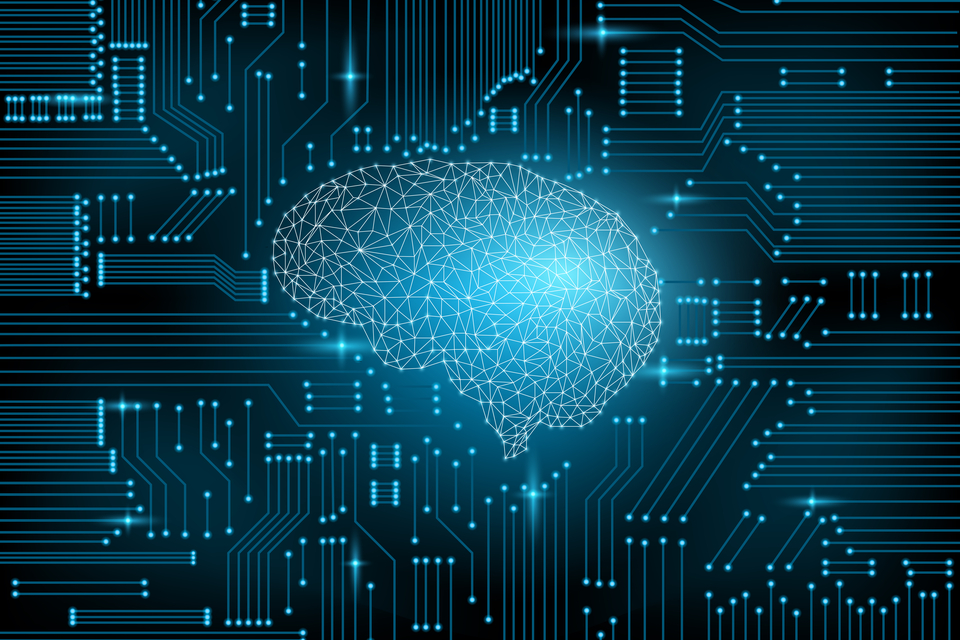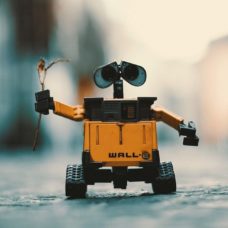Google may or may not have achieved quantum supremacy already. But it seems to be only a matter of time before it’s an indisputable truth.
Another area where Google and pretty much every tech giant is deeply invested in is artificial intelligence.
Put the two together, quantum computing and AI, and you get what we can call Quantum AI.
The Age of Quantum AI
Google announced that it had built the world’s first real quantum processor, the 53-qubit Sycamore chip.
The company claimed its quantum computer could carry out complex calculations in 200 seconds. The same mathematical problem would take the most powerful supercomputer 10,000 years to perform.
It seems that IBM took it a little bit personally, maybe because Big Blue’s Summit is the world’s fastest calculating machine, for now. IBM, which is making its 53-qubit system commercially available via the cloud, discredited Google claims.
Beyond Google and IBM’s debate, the quantum supremacy race is just starting. And as if that is not enough, there’s also the high-stakes artificial intelligence.
Quantum computing and AI aren’t just two parallel research fields that happen to meet somewhere. They’re more like a match made in heaven.
The hotly anticipated quantum supremacy, when it unequivocally arrives, would be a landmark achievement in and of itself. However, it is not really about “when” we get to this milestone more than “how” to handle its after-effects.
Big Data is the nexus between AI and quantum computers.
The former needs data and lots of it to learn and improve its intelligence. The latter are well-equipped to deal with huge swaths of data in a time-efficient manner.
Simply put, an AI system is an algorithm or software that runs on a computer. The more powerful the computer at digesting data, the more room for AI to grow.
In other words, quantum computing enlarges the scope of what’s already possible with machine learning.
What is Quantum Machine Learning
Quantum Machine Learning (QML) is an emerging interdisciplinary research field, which aims to bring quantum physics advantages to improve classical machine learning. While there’s a lot of applied research on AI, most of the quantum physics developments remain mostly theoretical.
This is where QML models and algorithms come in. They would bring the gap between the two disciplines. In the face of the rapid advances in AI, quantum computing developments seem to be slower and more abstract.
Quantum Machine Learning sets the bar high for expectations being at the crossroads of two of the most exciting sciences. Compared to classical machine learning, unsupervised, and self-learning, Quantum Intelligence is a lot faster and more efficient at solving real-world problems.
Financial modeling, weather forecasting, chemical simulations, and quantum cryptography are just a few examples of the areas that quantum AI would revolutionize.



















Comments (0)
Most Recent